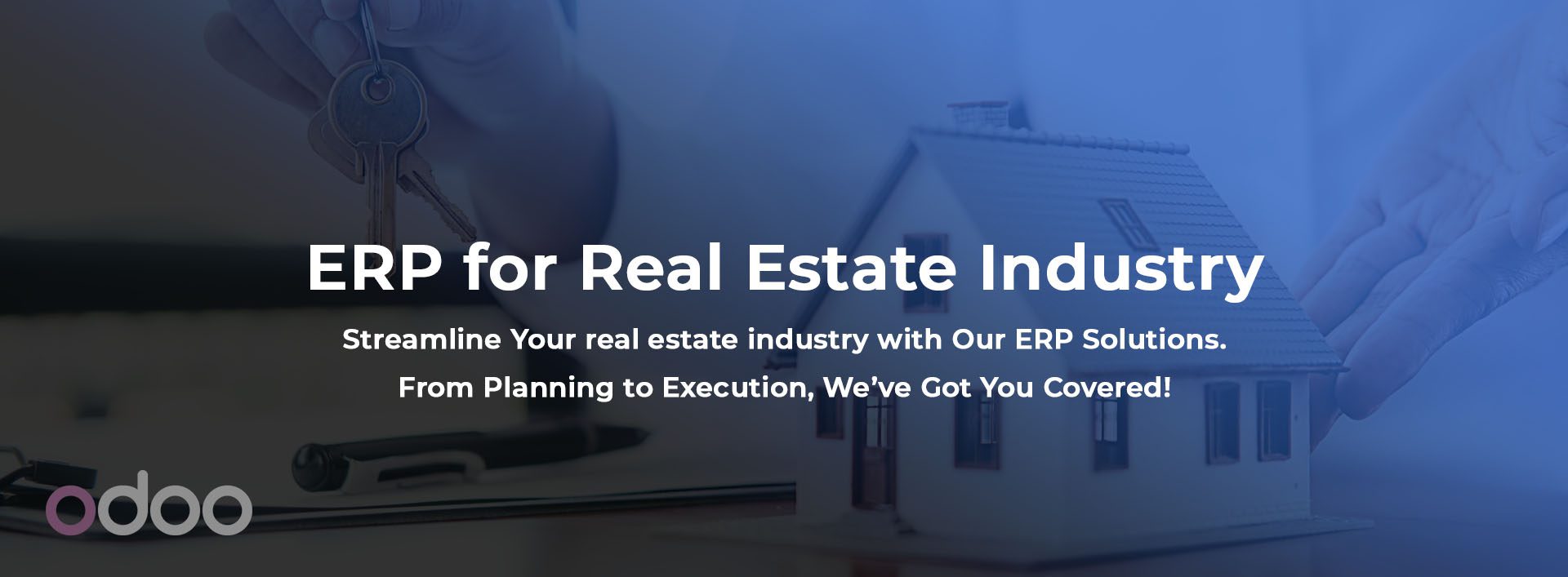

With its Odoo Real Estate Module, Odoo ERP software proves to be a game-changer in the real estate industry. Particularly designed to address the subtleties of property management, sales, and leasing is this all-inclusive tool. By combining Odoo Rental Management and Odoo Real Estate Management into a single, user-friendly platform, the Odoo for Real Estate framework streamlines complicated procedures. Its ability to handle finances, clients, and real estate listings improves decision-making and operational effectiveness. Enhanced client interactions and optimized workflows are advantageous for real estate professionals. Banibro is providing a unique opportunity to experience this innovation for those who are eager to learn more about its benefits. Get a free Odoo ERP software demo from Banibro to see how it can revolutionize your real estate company.










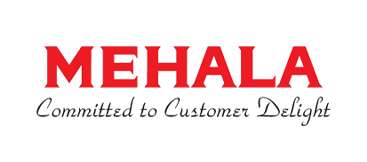
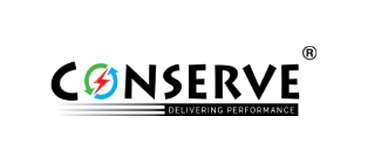


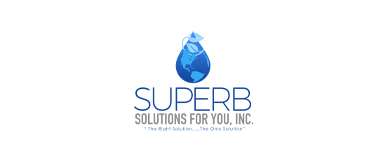

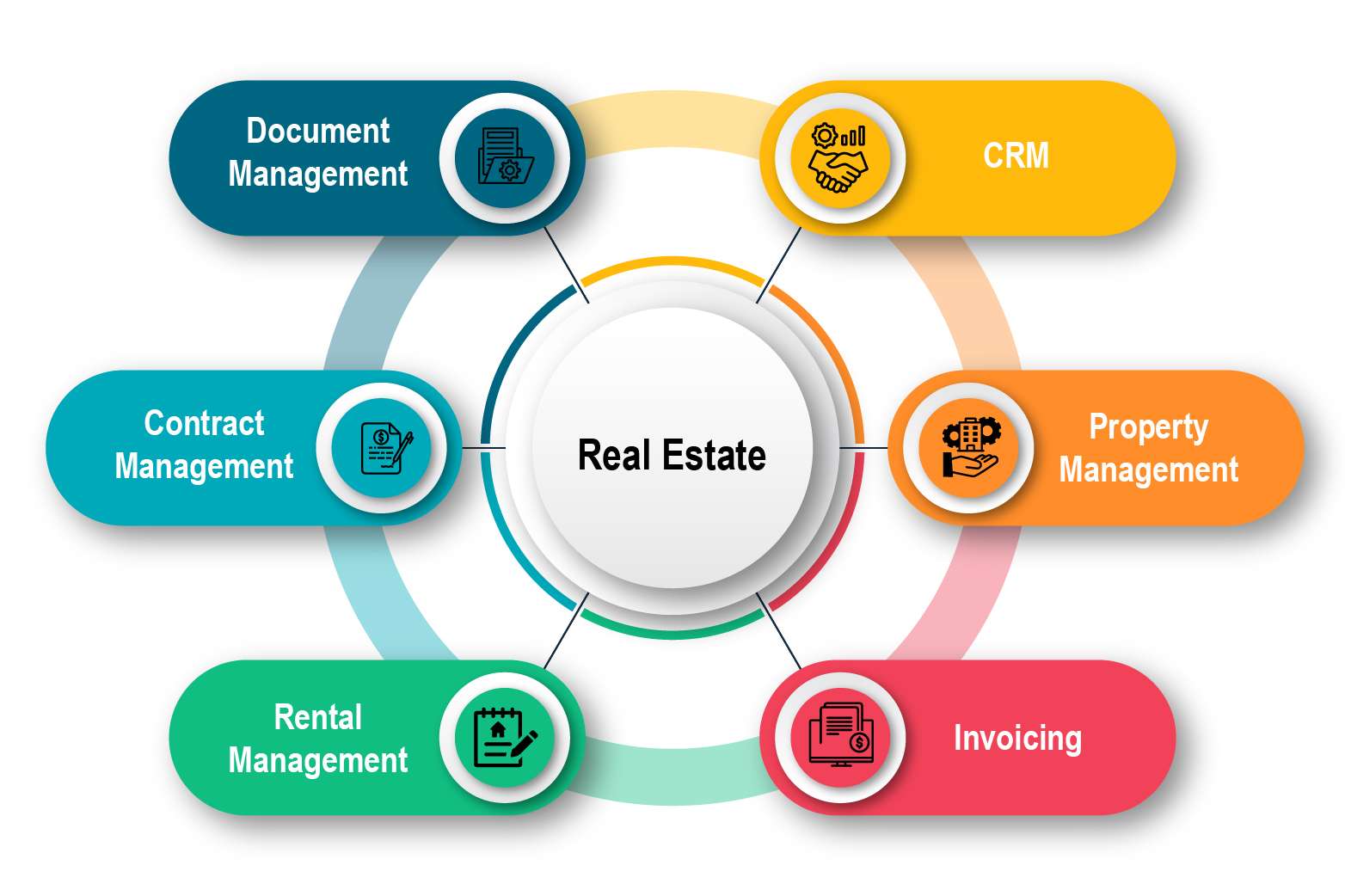
Simplify document management, streamline workflows, and ensure compliance with our Document Management module for real estate ERP
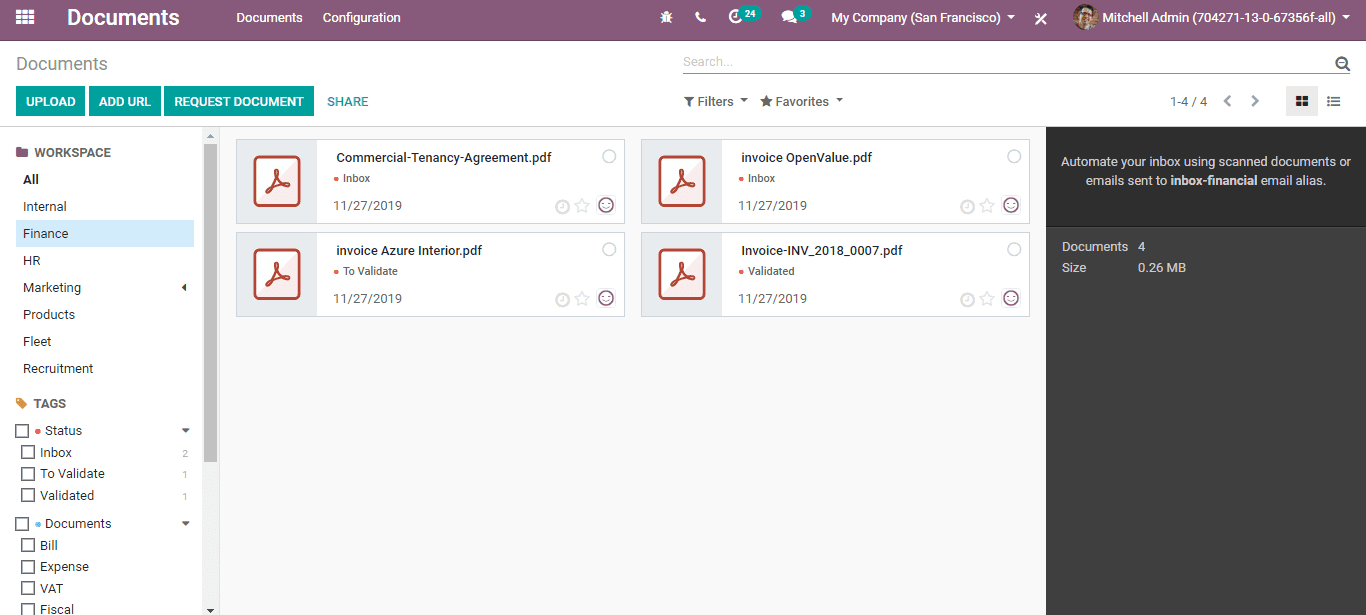
Efficiently track contracts, automate renewal reminders, and streamline contract management with our Contract Tracking module for real estate ERP.
Effortlessly manage rentals, streamline lease agreements, and optimize occupancy rates with our Rental Management module for real estate ERP

Enhance customer relationships, track leads, and drive sales growth with our CRM module for real estate ERP
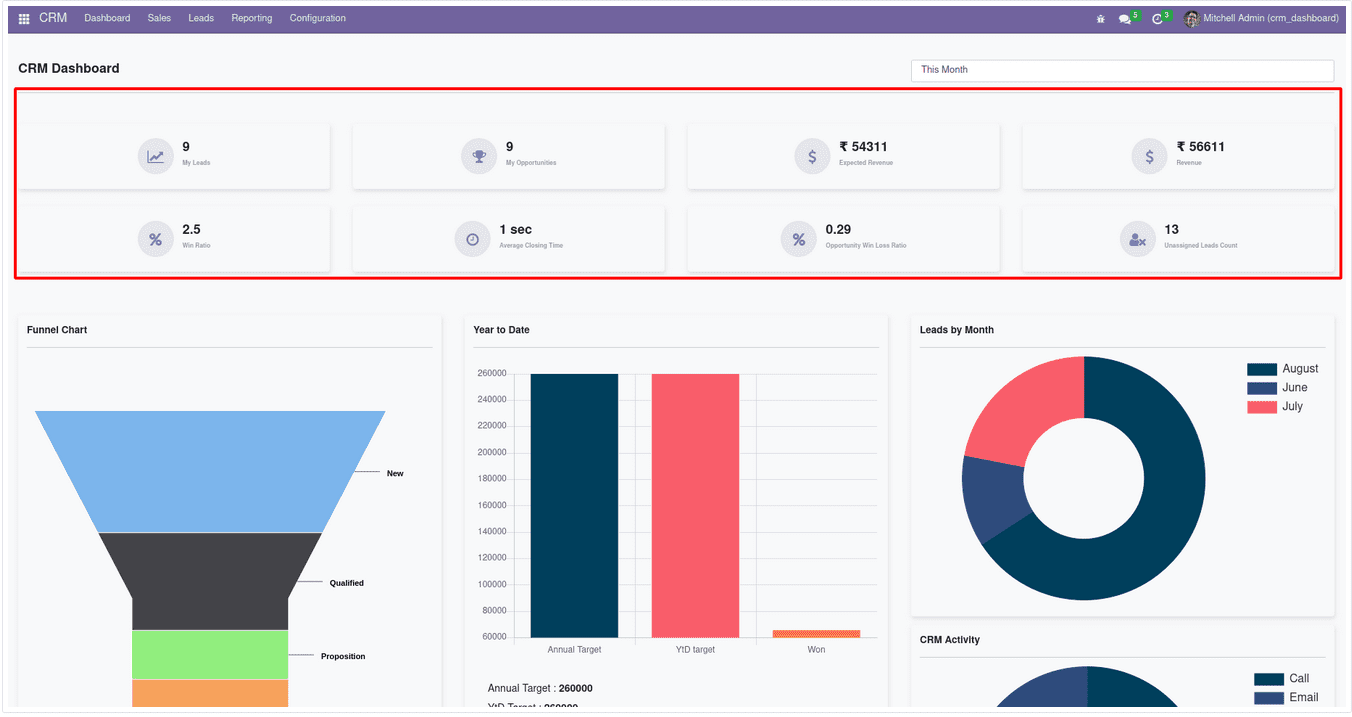
Efficiently manage properties, streamline operations, and optimize rental performance with our Property Management module for real estate ERP
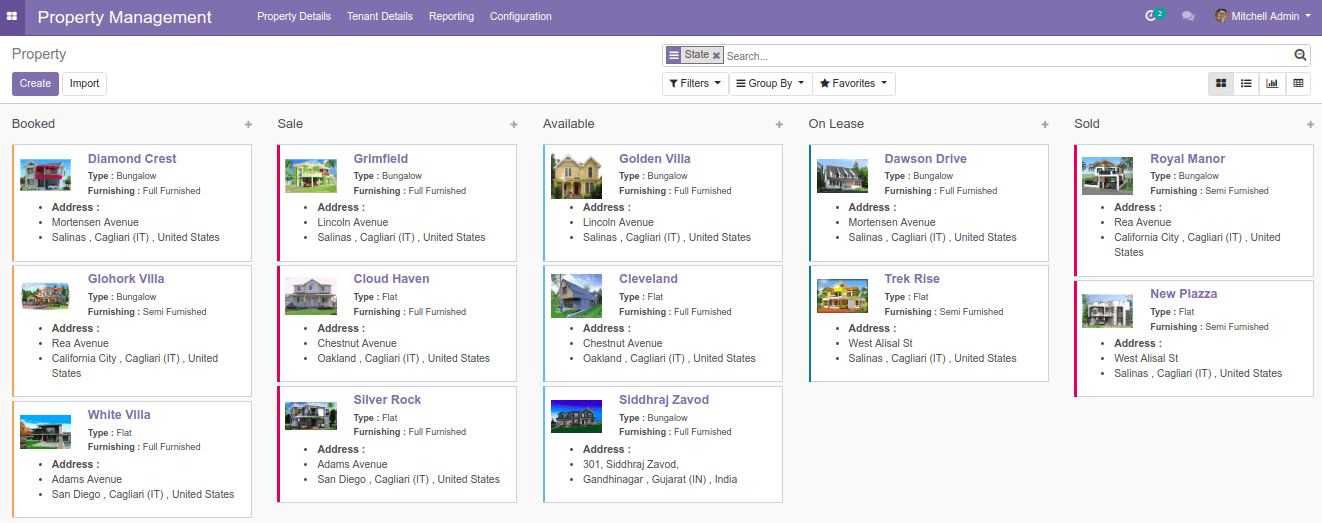
Automate invoicing processes, generate accurate invoices, and streamline financial transactions with our Invoicing module for real estate ERP


A real estate ERP is an enterprise resource planning system specifically designed for the real estate industry. It helps real estate companies manage their business processes, including project management, sales and marketing, customer relationship management, financial management, and more.
A real estate ERP can provide several benefits to a real estate company, such as:
A real estate ERP can help with project management by providing tools to track project timelines, budgets, and resources. It can also facilitate communication and collaboration among project teams, automate workflows, and provide real-time project status updates.
Yes, many real estate ERPs can integrate with other software systems, such as CRM, accounting, and marketing automation tools. This integration can provide a seamless flow of data between systems, improving efficiency and reducing errors.
Yes, a real estate ERP can be suitable for small real estate companies, depending on their needs and budget. There are ERP solutions available that cater to the needs of smaller companies and offer scalable pricing plans.
A real estate ERP can help with customer relationship management by providing tools to manage customer interactions, such as tracking inquiries, managing appointments, and sending automated follow-up emails. It can also provide a centralized database of customer information, allowing sales and marketing teams to better understand customer needs and preferences.
When selecting a real estate ERP, some key considerations may include the features and functionality offered, the scalability of the system, the cost and implementation time, and the level of support and training provided.
A real estate ERP can help with financial management by providing tools to manage accounts payable and receivable, track expenses and revenues, and generate financial reports. It can also provide real-time visibility into financial data, allowing companies to make informed financial decisions.
Yes, a real estate ERP can help with compliance and regulations by providing tools to track and manage regulatory requirements, such as zoning laws and environmental regulations. It can also provide audit trails and documentation to ensure compliance with legal and regulatory requirements.